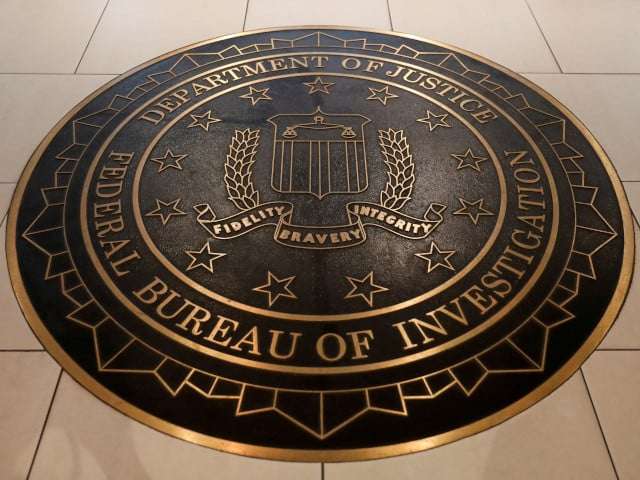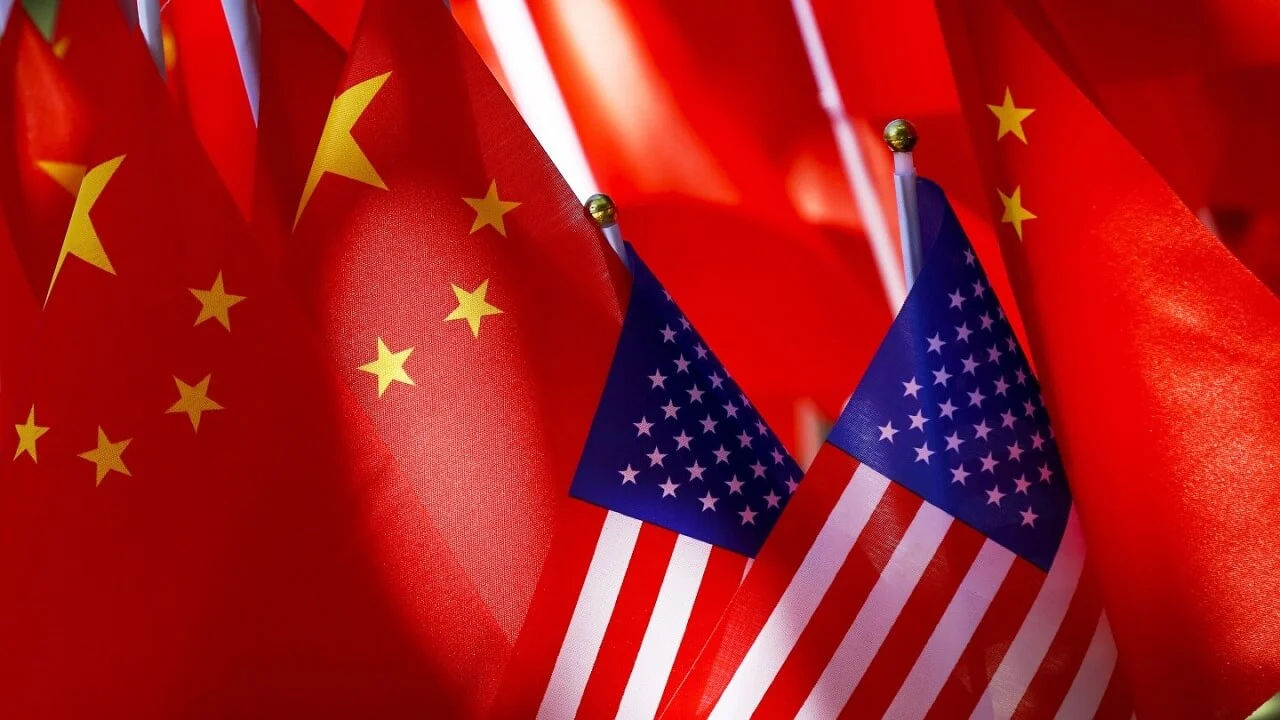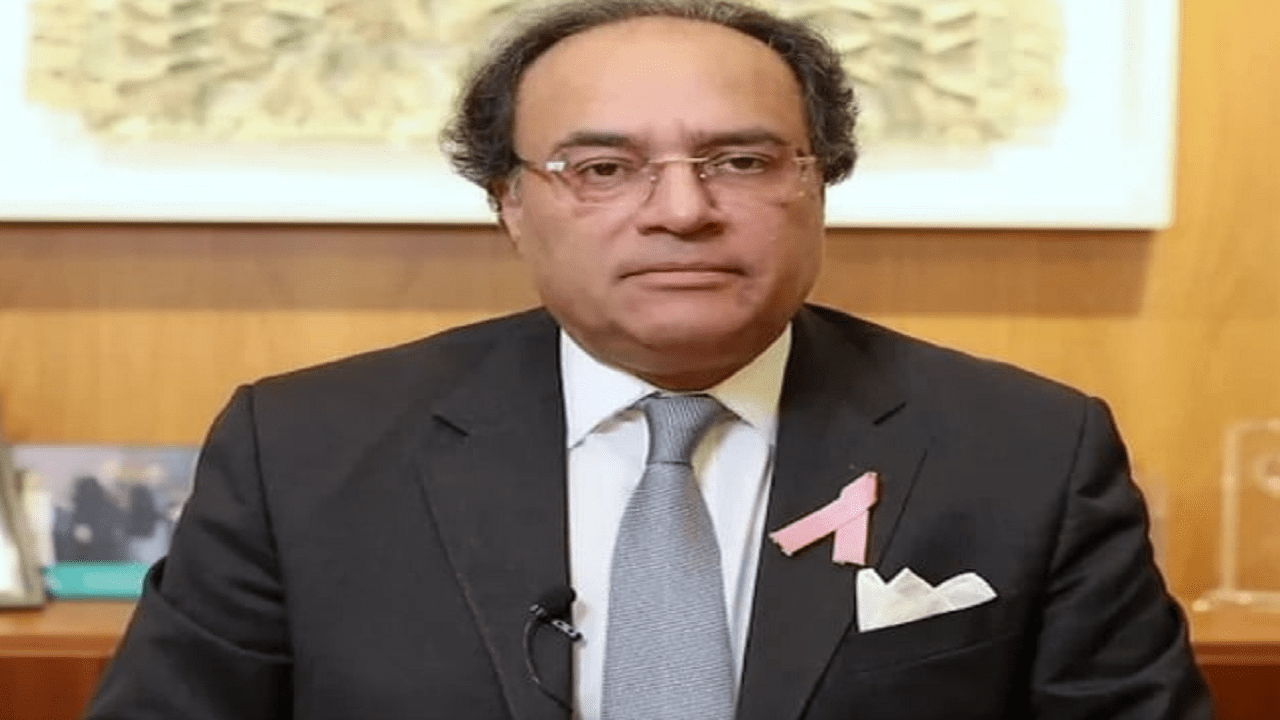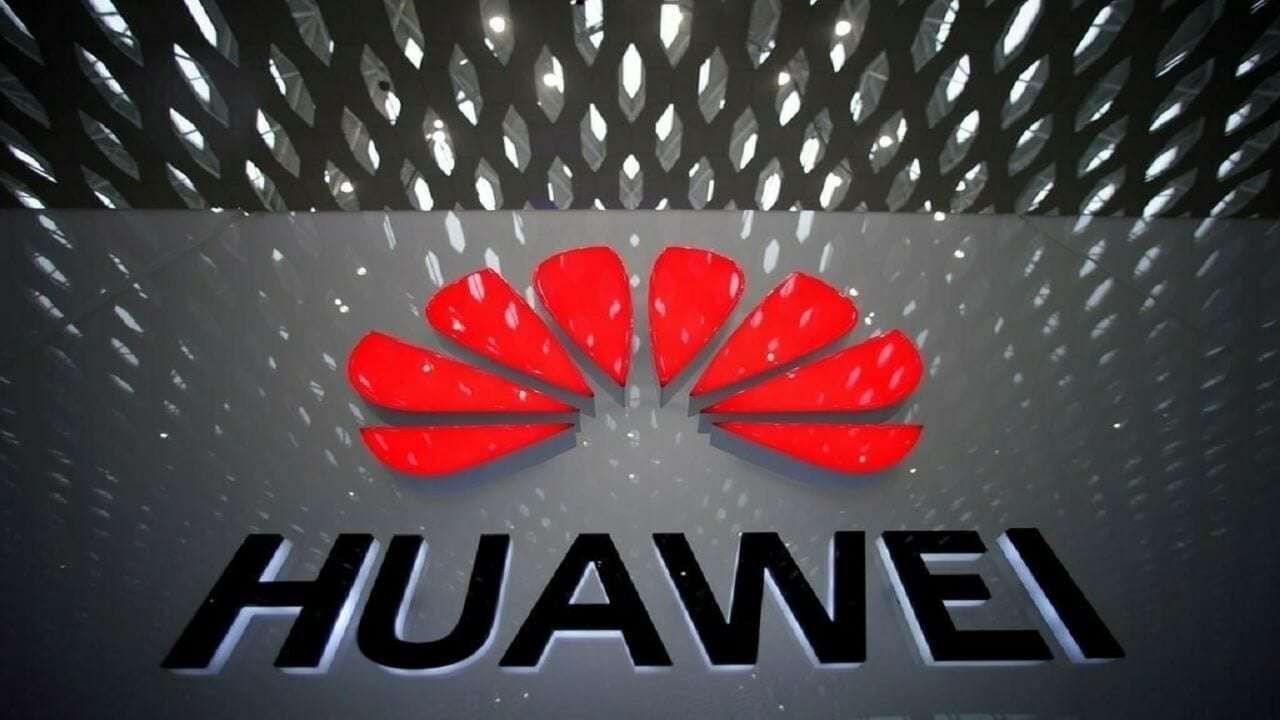In a recent advisory, the FBI and the Cybersecurity and Infrastructure Security Agency (CISA) have urged U.S. citizens to avoid sending text messages between iPhone and Android devices. The warning comes as cyberattacks targeting U.S. telecommunications networks, attributed to the Salt Typhoon hacking group tied to China’s Ministry of Public Security, continue to raise concerns about security vulnerabilities. The government agencies are advising Americans to switch to fully encrypted messaging apps to ensure secure communication.
The Growing Threat: Cyberattacks on U.S. Communications Networks
Recent reports have revealed a surge in cyberattacks aimed at U.S. communication networks, with the Salt Typhoon hacking group identified as a major threat actor. This group, believed to have links to China’s Ministry of Public Security, has targeted telecommunications infrastructure, creating significant security concerns for both government agencies and private citizens. The attacks exploit vulnerabilities in the communication systems, prompting calls for enhanced encryption standards.
The FBI’s Warning: Avoid Texting Between iPhones and Android Devices
The FBI’s warning specifically targets text messaging between iPhone and Android devices. While messages sent within the same platform, such as iMessages between iPhones or Google Messages between Android devices, are encrypted, communication between these two platforms presents a security risk. This is primarily due to the lack of end-to-end encryption in the Rich Communication Services (RCS), the modern alternative to SMS text messaging.
The Lack of End-to-End Encryption in RCS
RCS, designed to replace SMS messaging, offers several advanced features such as multimedia sharing and real-time typing indicators. However, it falls short in terms of security. Unlike iMessage, which encrypts messages end-to-end between Apple devices, RCS does not provide the same level of protection for cross-platform messages. As a result, messages sent from iPhones to Android phones (or vice versa) can be intercepted and read by third parties if they are not properly encrypted.
Despite promises from Google and the mobile industry body GSMA to implement encryption for RCS, progress has been slow. The issue of cross-platform messaging security remains unresolved, leaving users exposed to potential breaches.
The Importance of Encryption for Cybersecurity
Jeff Greene, a CISA official, stressed the importance of encryption as a frontline defense against cyber threats. In a recent press briefing, he explained that encrypted communications, even if intercepted, remain unreadable without the decryption key. This makes encryption a vital tool in protecting sensitive data from hackers and cybercriminals. Greene urged citizens to use encrypted communications wherever possible to safeguard their privacy.
Fully Encrypted Messaging Apps: The Safe Alternative
With traditional text messaging deemed insecure, experts recommend using fully encrypted messaging apps like Signal, WhatsApp, and Facebook Messenger. These apps provide end-to-end encryption for both text messages and voice calls, ensuring that communication remains private and secure, even across different devices and platforms.
Signal: The Most Secure Option
Signal is widely regarded as one of the most secure messaging apps available. It offers end-to-end encryption for text messages, voice calls, and even video calls. Unlike other apps, Signal’s encryption protocols are open-source, allowing independent security experts to review and verify its security. Signal has also gained widespread adoption among privacy-conscious individuals, including journalists, activists, and politicians.
WhatsApp: A Popular, Secure Alternative
WhatsApp, owned by Meta, also uses end-to-end encryption for messages and voice calls. With over 2 billion active users, WhatsApp is one of the most popular messaging apps globally. While some have raised concerns about Meta’s data practices, the app’s encryption ensures that no one—other than the intended recipient—can access the content of messages.
Facebook Messenger: A Secure Choice with Added Features
Facebook Messenger, although not as secure as Signal or WhatsApp, also offers end-to-end encryption for users who enable “Secret Conversations.” While it lacks some of the privacy-focused features of Signal, it still provides a reasonable level of protection for users concerned about security.
FBI and CISA Advise Stronger Security Measures
The warning from the FBI and CISA highlights the growing cybersecurity risks posed by state-sponsored hacking groups. In addition to urging individuals to adopt encrypted messaging apps, the agencies recommend the following actions to protect personal and business communications:
- Use Strong, Unique Passwords: Ensure that all devices, apps, and accounts are secured with strong, unique passwords.
- Enable Two-Factor Authentication (2FA): Enable 2FA on all accounts and services that offer it. This adds an extra layer of security by requiring a second form of verification in addition to a password.
- Install Security Updates Promptly: Always install software and security updates to protect against known vulnerabilities.
- Be Cautious of Phishing Attempts: Avoid clicking on links or opening attachments from unknown or suspicious sources.
Irony of the Timing: iOS 18.2 Update
The timing of the FBI and CISA’s warning coincides with Apple’s upcoming iOS 18.2 update, which will allow users to change their default messaging app from iMessage. This update could make it easier for users to switch to more secure messaging platforms like Signal or WhatsApp, which are known for their encryption standards.
Implications of the FBI’s Warning
The growing reliance on encrypted communication underscores the importance of protecting personal and business data. As cyber threats continue to evolve, encryption remains one of the most effective tools in safeguarding sensitive information. The FBI and CISA’s warning serves as a reminder to adopt best practices for cybersecurity and embrace fully encrypted apps for all communication, both personal and professional.
Global Cybersecurity Concerns
While the warning specifically targets U.S. citizens, the implications of these cyberattacks are global. Hacking groups, such as Salt Typhoon, are known to target multiple countries and their critical infrastructure. As cyberattacks become more sophisticated, individuals and businesses worldwide must prioritize encryption and cybersecurity measures to protect against growing threats.
FAQs
1. What is the FBI’s warning about texting?
The FBI has urged Americans to avoid sending text messages between iPhones and Android devices due to security vulnerabilities, recommending the use of encrypted messaging apps instead.
2. Why is RCS messaging not secure?
RCS lacks end-to-end encryption for cross-platform messaging, making it vulnerable to interception by hackers.
3. What are the best encrypted messaging apps to use?
Apps like Signal, WhatsApp, and Facebook Messenger offer end-to-end encryption and are considered secure options for private communication.
4. How can I secure my devices from cyber threats?
Use strong passwords, enable two-factor authentication, install security updates promptly, and avoid phishing attempts to protect your devices.
5. Why is encryption important for cybersecurity?
Encryption ensures that even if data is intercepted, it remains unreadable to unauthorized parties, protecting sensitive information from cybercriminals.
Conclusion: Prioritizing Encryption for Secure Communication
As cybersecurity threats continue to escalate, individuals and businesses must take proactive steps to safeguard their communication. The FBI and CISA’s advisory serves as a timely reminder of the importance of using encrypted messaging apps to protect sensitive data. Until end-to-end encryption becomes the standard for all text-based communication, using secure platforms like Signal and WhatsApp is essential in keeping your messages safe from prying eyes.
SEE ALSO:
BCCI Rejects Hybrid Model for Champions Trophy 2025



